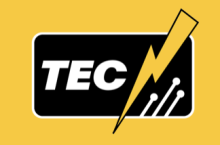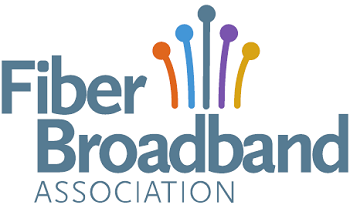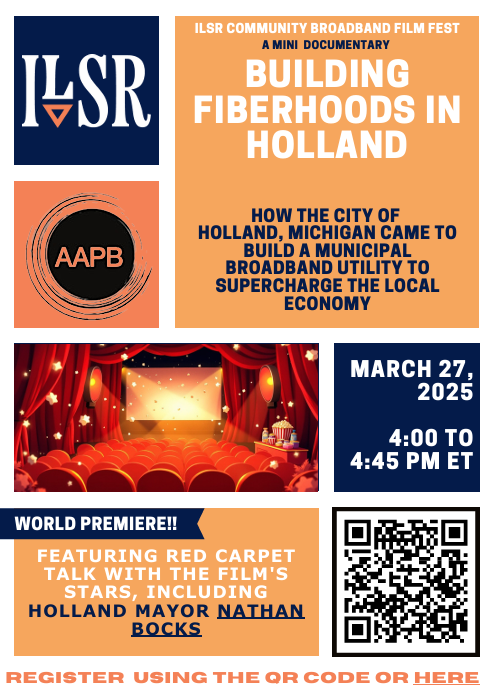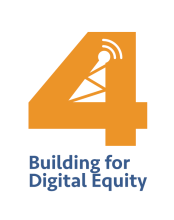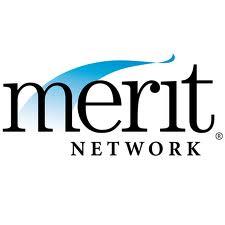Federal Reserve Study Offers Broadband Affordability Advocates ‘Novel New Measure’
Studies consistently show that the primary reason millions of households do not have home Internet service boils down to affordability.
Research by EducationSuperHighway indicates that of the estimated 28.2 million households in the U.S. that do not have high-speed Internet service, 18 million of those households (home to 48 million Americans) are not online because the cost of service is simply too expensive.
But now, thanks to a recently published study by the Federal Reserve Bank of New York, broadband affordability advocates may be able to more accurately measure the elusive nature of affordable broadband costs.
The study also examines how to better pinpoint contributing factors like the state of local infrastructure and how lower-performing broadband access technologies powerfully influence low-income households' decision to sometimes choose cellular service-only over home Internet service.
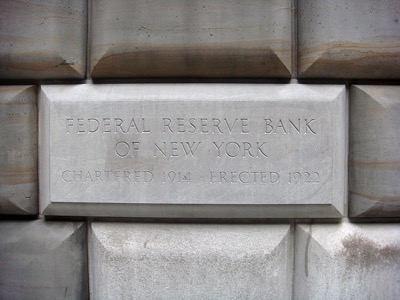
“Broadband Affordability: Assessing the Cost of Broadband for Low-and-Moderate Income Communities in Cities” provides a research-driven lens on how to measure broadband affordability neighborhood by neighborhood, city to city.
“While national and state-level analyses have helped highlight the digital divide,” the study’s author Ambika Nair writes, “measures of broadband affordability at the community level are limited.”



